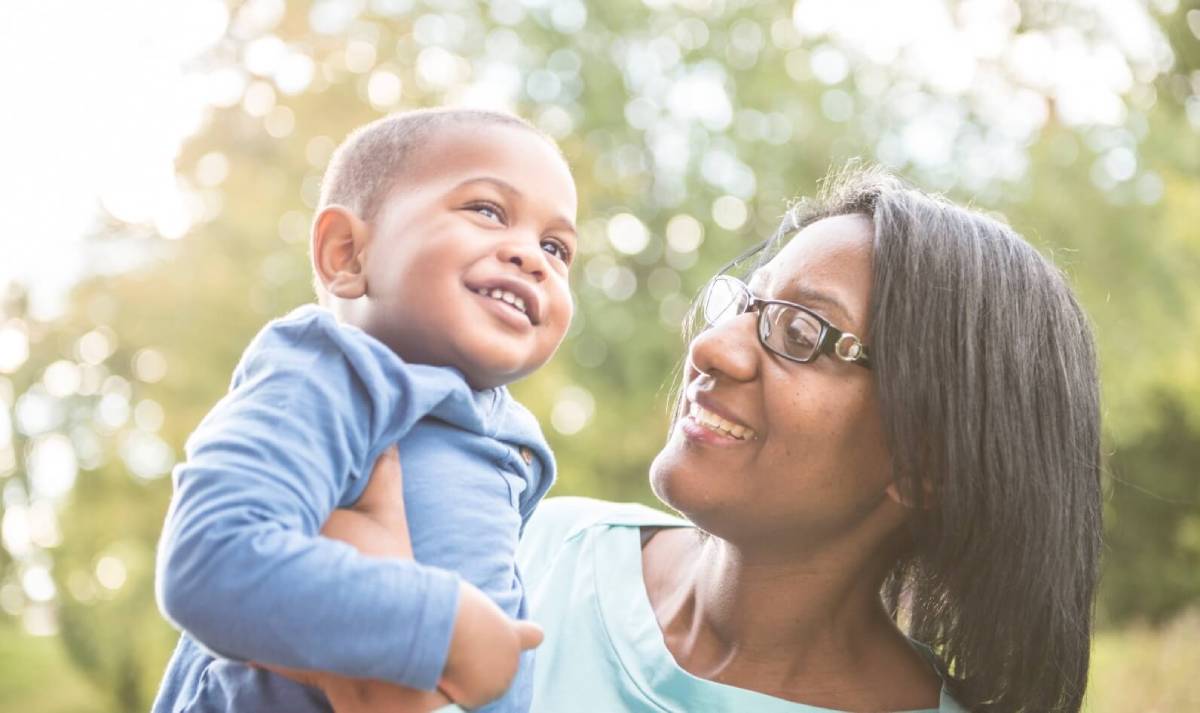
Talking About Adoption from Day One
Parenting adopted infants is a unique yet rewarding experience within the world of adoption and fostering. This journey includes many key parts. One is adoption communication, which is essential from day one. A question many parents wrestle with is, “When should I start talking about adoption?” So the answer is clear, very simple — from the start. This blog explains the importance of early bonding and good communication. It gives helpful tips for parents starting this amazing journey.
Adoption communication isn’t just about answering questions. It’s about creating a space that is open, honest, and supportive. This helps build trust over time. This is a method for discussing adoption from the start and throughout a child’s life. It focuses on using words a child can understand and then expanding on those talks. It helps to build the bond between parent and child, as well as giving confidence to the child to live their story in the way that it is meant to be lived.
Key Benefits of Early Adoption Communication
Why It Matters
The significance of early adoption communication cannot be overstated. Kids who learn about their adoption story early often have better self-esteem and identity. By talking about adoption in daily conversations, parents can make it less mysterious. This helps to normalize adoption as a part of family life.
One of the primary benefits of early adoption communication is the establishment of trust. When children know that their parents are open and honest about their origins, it fosters a sense of security and belonging. Trust is the foundation of a strong parent-child bond. It helps in emotional and psychological growth.
Real-Life Applications
Consider the story of the Johnsons, a family who adopted their daughter, Emma, as an infant. Since Emma joined the family, the Johnsons worked hard to talk about adoption every day. They used simple language and storybooks to share Emma’s adoption story. This way, she felt valued and loved. As Emma grew, she had the confidence to ask questions and share her feelings, knowing that her parents were always there to listen and support her.
This approach not only strengthened Emma’s bond with her parents but also helped her develop a positive self-image. The Johnsons talked about adoption from the start. This made Emma feel secure in her identity. As a result, she could develop emotionally in a healthy way.
Additional Expert Tips & Common Mistakes to Avoid
Best Practices for Adoption Communication
For adoption communication, parents can follow these best practices to create a positive experience for their child:
- Start Early: Introduce the concept of adoption as soon as your child joins the family. Use simple language and age-appropriate explanations to help them understand their unique story.
- Be Honest and Open: Answer questions truthfully and encourage open dialogue. Avoid sugar-coating or omitting details, as honesty is crucial for building trust.
- Use Storytelling: Incorporate adoption-themed storybooks and personal anecdotes into your conversations. This not only makes the topic relatable but also helps children connect with their story on an emotional level.
- Normalise Adoption: Make adoption a part of everyday life. Add it to family traditions, celebrations, and conversations. This normalisation helps children feel accepted and valued.
- Encourage Questions: Make a safe space for your child. Let them ask questions and share their feelings freely. Validate their emotions and provide reassurance.
Common Mistakes to Avoid
While adoption communication is vital, there are common pitfalls that parents should avoid:
- Delaying the Conversation: Waiting too long to talk about adoption can lead to confusion and mistrust. Start the conversation early to establish a foundation of openness and honesty.
- Overloading with Information: Transparency is important. Avoid overwhelming your child with too much information at once. Tailor your explanations to their age and developmental stage.
- Avoiding Difficult Topics: It’s natural to want to protect your child from painful truths. Avoiding difficult topics can erode trust. Address challenging aspects of their adoption story with sensitivity and honesty.
- Ignoring Cultural Heritage: If your child has a different background, celebrate their culture. Ignoring this aspect can lead to identity struggles and feelings of disconnection.
Advanced Insights & Expert Recommendations

Building a Strong Parent-Child Bond
The process of adoption communication is intricately linked to early bonding. Building a strong emotional bond with your adopted baby is key to their well-being. Here are some expert recommendations to enhance bonding:
- Skin-to-Skin Contact: From the moment your child joins your family, engage in skin-to-skin contact to promote bonding. This physical closeness fosters a sense of security and attachment.
- Consistent Routines: Establishing consistent routines provides a sense of predictability and stability. This is essential for building trust and attachment.
- Responsive Parenting: Be attuned to your child’s needs and respond promptly. This responsiveness reinforces the parent-child bond and helps your child feel valued and loved.
- Quality Time: Spend quality time engaging in activities that your child enjoys. This shared experience strengthens your relationship and creates lasting memories.
Nurturing Identity and Self-Esteem
As your child grows, nurturing their sense of identity and self-esteem becomes paramount. Here are some strategies to support this aspect of their development:
- Celebrate Milestones: Acknowledge and celebrate your child’s achievements and milestones. This recognition boosts their confidence and reinforces their sense of self-worth.
- Encourage Self-Expression: Let your child be creative. They can express themselves through art, music, or writing. This self-expression fosters a positive self-image.
- Encourage Cultural Awareness: If your child comes from a different culture, help them embrace their heritage and take pride in it. This can be achieved through cultural events, cuisine, and traditions.
- Foster Resilience: Encourage resilience by teaching your child problem-solving skills and coping strategies. This resilience empowers them to navigate challenges with confidence.
Conclusion: Embracing Adoption: A Journey of Trust and Identity

In short, discussing adoption from the first day is one of the most important things you can do as the parent of an adopted baby. Open adoption communication: the path to trust and identity. This is vital for parents. It fosters trust and shapes identity. It also supports the mental health of both parents and children. Bonding early and having attentive parents build strong relationships. This creates a solid base for ongoing joy and fulfilment.
As a parent, it’s vital to support your child’s unique journey in international adoption. Normalise adoption and celebrate uniqueness. This will help your child navigate their identity with confidence and pride. The journey of an adoptive parent is a beautiful dance. It weaves together love, trust, and understanding. This adoption journey begins on day one and grows like a vine for a lifetime.